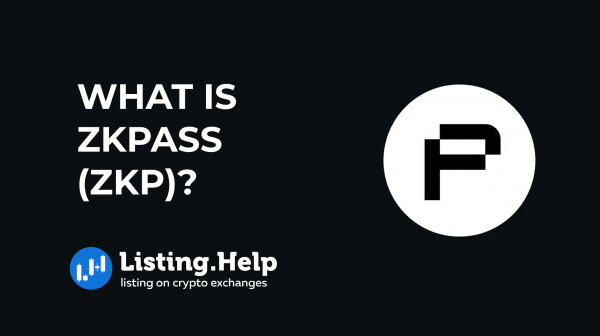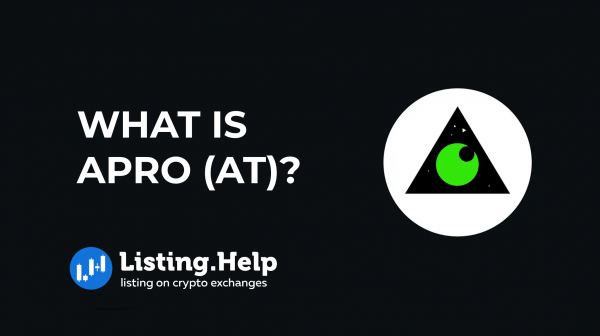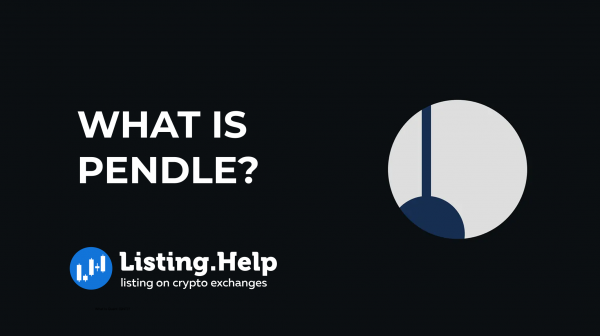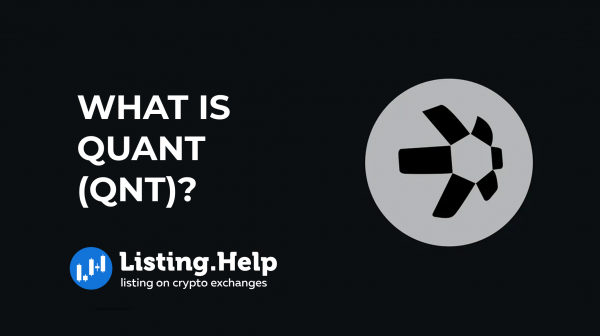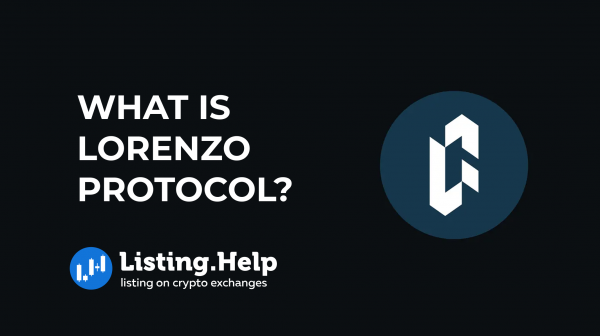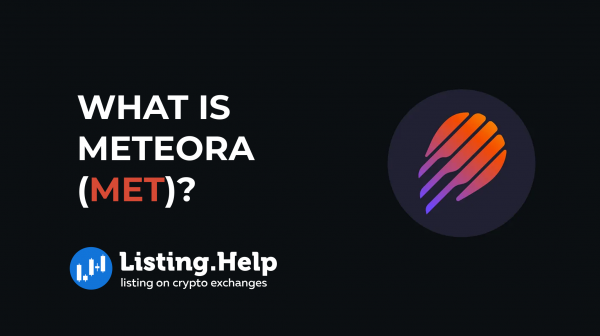What is Polymarket? Decentralized Prediction Markets Explained
 September 1, 2024
September 1, 2024 Updated: January 26 2025, 07:11
Updated: January 26 2025, 07:11
LEAVE A REQUEST
Launching your own token project? Our experts are ready to help with listing on exchanges, market making, marketing and other solutions
SUBMIT APPLICATIONPolymarket is a decentralized prediction market platform built on Polygon, allowing users to bet on the outcomes of real-world events. The platform has become increasingly significant in the crypto space due to its innovative approach to market predictions and the use of stablecoins like USDC for betting, which provides liquidity and stability in transactions. In June 2024, Polymarket reached nearly 30,000 monthly active users.
Utilizing blockchain technology and smart contracts, Polymarket offers a transparent and secure way to speculate on events ranging from political elections to sports outcomes and economic indicators. All transactions are fully transparent, secure, and executed via smart contracts on the Ethereum blockchain, enhanced by the Layer-2 solution Polygon, which improves scalability and reduces fees.
On Polymarket, users buy shares that represent the likelihood of an event happening. For instance, if you believe a certain candidate will win an election, you can purchase “Yes” shares at a price reflecting the current market odds. If your prediction is correct, your shares will be valued at $1 each; if not, they lose all value. This system allows users to capitalize on their insights and predictions about various events.
History of Polymarket
Polymarket, founded by Shayne Coplan in 2020, operates on the Ethereum blockchain. The platform launched its beta version the same year, allowing users to trade on various topics. During its initial phase, Polymarket secured $4 million in a Series A funding round, attracting investments from Polychain Capital, CoinFund, and other prominent figures in the blockchain industry.
The platform gained notable attention during the 2020 U.S. Presidential Election, drawing in users eager to bet on the election’s outcome, which led to a sharp increase in its user base and trading volume. However, in 2021, Polymarket came under the scrutiny of the Commodity Futures Trading Commission (CFTC) for allegedly offering unlicensed binary options. This issue was resolved in early 2022 when Polymarket agreed to a settlement with the CFTC, involving a $1.4 million fine, the closure of non-compliant markets, and a commitment to “cease and desist from violating the CEA and CFTC regulations, as charged.”
Following the settlement, Polymarket restricted U.S. users from trading on the platform, though they could still access market information.
Despite these regulatory hurdles, Polymarket continued to expand. In 2024, the platform secured $45 million in a Series B funding round, led by Peter Thiel’s Founders Fund, with participation from high-profile investors, including Ethereum co-founder Vitalik Buterin. The platform also brought on seasoned futures industry executive Richard Jaycobs to explore opportunities for U.S.-regulated activities and enlisted statistician and election analyst Nate Silver as an advisor.
In 2024, Polymarket saw over $400 million in trades, with much of the activity centered around the U.S. elections.
How Does Polymarket Decentralized Prediction Market Work?
Polymarket is a decentralized Web3 application that allows users to place bets on various topics by connecting their non-custodial Web3 wallets. The platform operates without the need for KYC procedures, prioritizing user privacy and accessibility in line with DeFi and Web3 principles. Looking ahead, Polymarket plans to integrate DAO elements, enabling users to participate in the governance of the platform.
By eliminating traditional financial intermediaries and bypassing KYC processes, Polymarket offers a more private and accessible betting experience. The platform leverages blockchain technology to create a transparent and secure environment for users to speculate on events, from politics to entertainment and economic trends. To manage scalability and reduce transaction costs, Polymarket operates primarily on Polygon, a Layer-2 solution. This choice allows the platform to efficiently handle large transaction volumes without putting undue strain on the Ethereum network.
Smart Contracts:
Polymarket relies on smart contracts to automate and manage transactions. These contracts ensure that every trade and market resolution is transparent and immutable. When users place a bet or purchase shares, the transaction is recorded on the blockchain via a smart contract, guaranteeing a secure and tamper-resistant process.
Security Measures:
Security is a top priority for Polymarket. Users maintain control of their funds through self-custodial wallets, meaning they hold their private keys. This non-custodial approach ensures that Polymarket never has direct access to user funds. Additionally, the platform employs strong encryption and authentication methods to safeguard user data and transactions, making Polymarket a secure option for those participating in prediction markets.
Polymarket Fees
Polymarket charges minimal fees primarily to cover transaction costs and provide incentives to liquidity providers. When you trade on Polymarket, a small fee in USDC is typically paid to these liquidity providers. This fee ensures that the market maintains sufficient liquidity, which helps minimize price slippage during the buying or selling of shares.
Liquidity Providers
Liquidity providers play a vital role in Polymarket’s operation. They supply the funds needed to keep markets liquid, enabling users to trade shares without difficulty. Without sufficient liquidity, executing trades would be challenging, and prices could become unstable, leading to significant slippage.
To become a liquidity provider on Polymarket, you need to deposit funds into a liquidity pool. These funds are used to support trades across various markets. In return, you earn a share of the transaction fees collected from users trading in the markets you support. This can be a profitable way to contribute to the platform while earning passive income.
While Polymarket itself does not charge additional trading fees, liquidity providers are rewarded from the transaction fees paid by traders. This structure encourages more participants to add liquidity, helping to keep the markets efficient and active.
Competitors of Polymarket
Polymarket faces competition from several other platforms in the prediction market space. Augur is one of the earliest decentralized prediction markets and is also built on Ethereum. It allows users to create and trade on event outcomes using a similar decentralized approach. Another significant competitor is Gnosis, an Ethereum-based platform that provides the infrastructure for creating prediction markets, offering a range of tools and applications to support its ecosystem. Additionally, PredictIt represents a more traditional, centralized prediction market platform focused on political events. Unlike Polymarket, PredictIt operates under a no-action letter from the CFTC, giving it a regulated framework.
Despite the competition, Polymarket has experienced steady growth, particularly in recent months, with a consistent increase in the number of active monthly traders.

For more insights and updates on the crypto world, don’t forget to check out our blog at Listing.Help




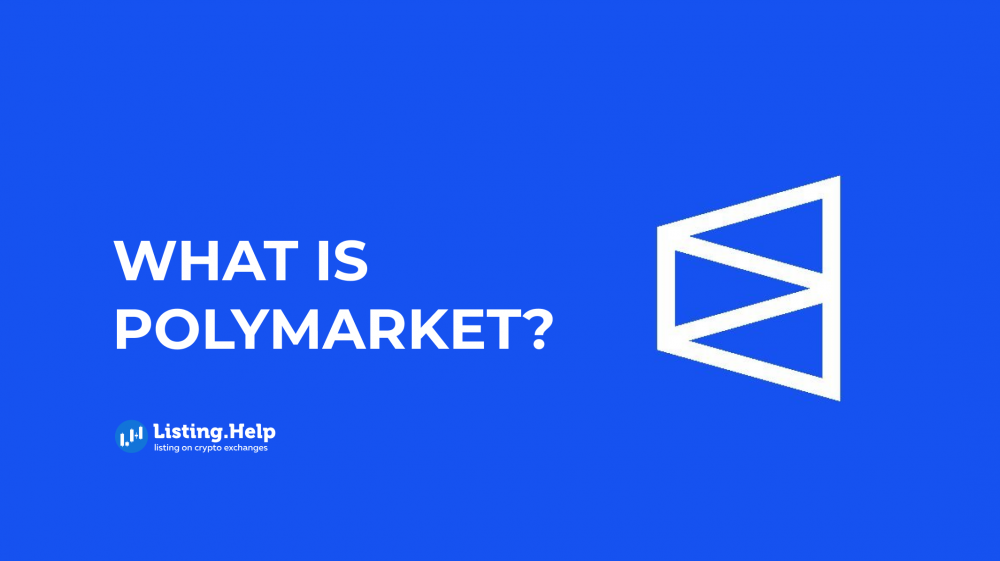

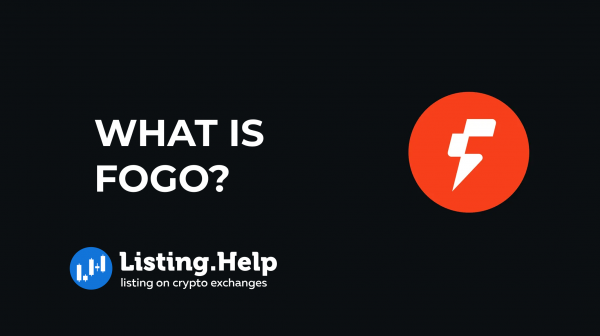
 February 23, 2026
February 23, 2026 